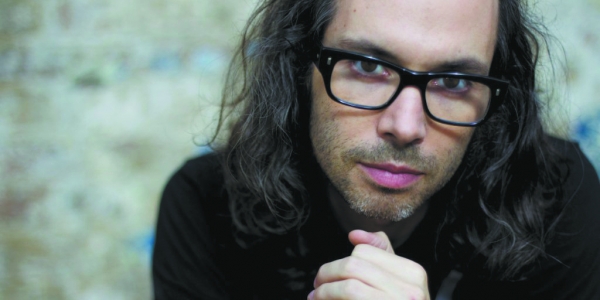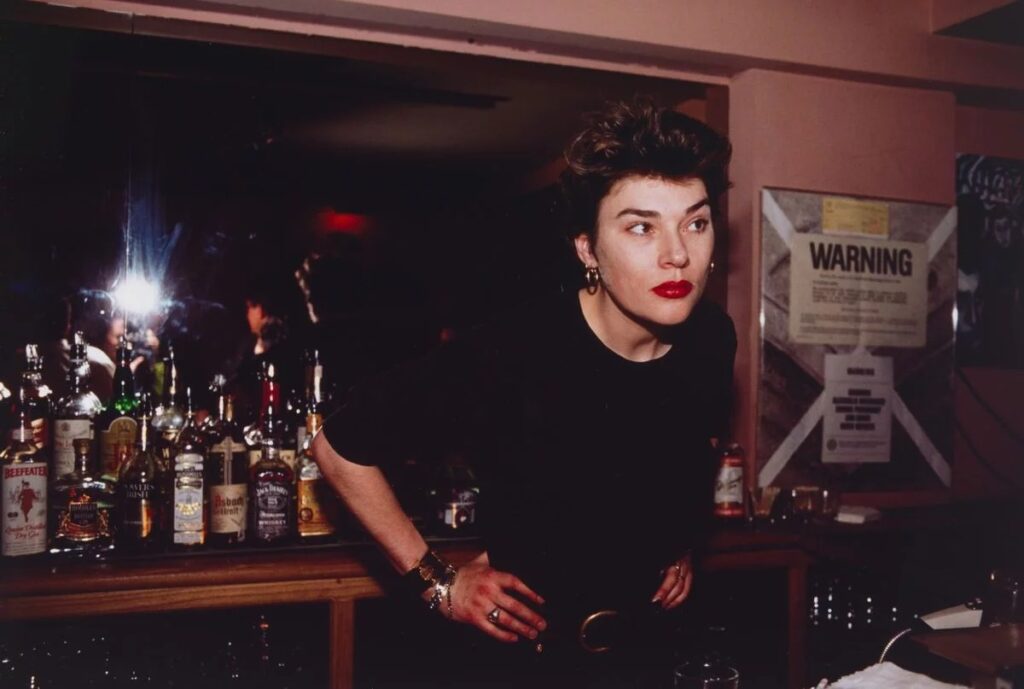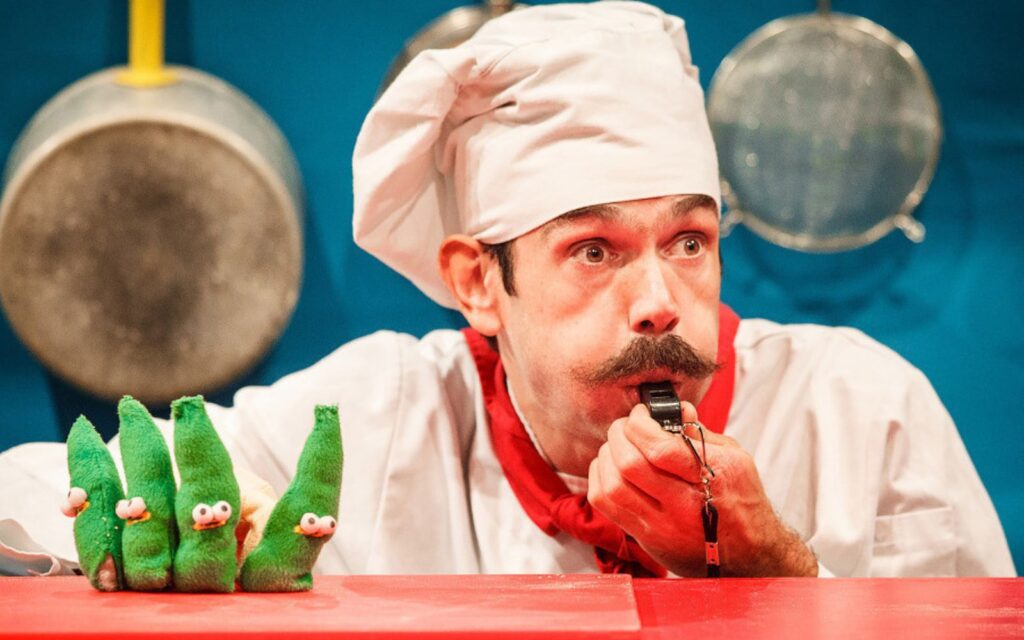He then presents his right forearm on which Cyrillic letters spell Sergei Rachmaninov – the Russian composer whose intensity was the final straw before Helfgott’s mental breakdown in the movie. This is fitting in many ways.
Rhodes has had his fair share of tragedy and consequent mental anguish. Perhaps this is what elevates him to a rank above the myriad of ordinary classical pianists whose rigorous interpretations lack the emotional depth rarely acquired without bitter circumstances.
“God look at the great composers!” Rhodes says agreeing that personal strife goes hand-in-hand with creative genius. “All of them, without exception, went through it to an extent that’s beyond comprehension. Not only that they survived it but provide us with this legacy that is at times incredibly joyful and deeply profound and at other times horrific beyond belief and hard to listen to and painful and excruciating. That’s what makes it great.”
He brings up examples; Bach who fathered 20 children and lost half of them at childbirth and infancy, Beethoven who was beaten nearly to death by his alcoholic father. Rhodes identifies with the greats with his own history being no less traumatic. As a kid, he was sexually abused by a teacher – so much so that an operation was done on his back from the spinal abuse incurred. It’s a history that torments him but one that he says he channels in his music.
“I think it definitely informs how I play. It’s a part of me but yeah, I have always and still do tend to feel things more than other people maybe, some other people, I don’t know. Maybe I’m oversensitive, I don’t know what it is,” he says sipping at his decaf soy latte. “You can channel it into playing the piano or you can get hammered every Friday night and fuck a different woman, it’s all the same thing. One is healthier than the other I guess.”
His healthy way of dealing with his grief may be the reason why Rhodes has become a successful pianist with his own prime time TV show in the UK, Piano Man, as well as a distinctive image. Rhodes is the guy who aims to bring classical music into the present context where it belongs “without question.” He plays at the established venues wearing the usual suited get-up, but then brings the centuries-old melodies to masses at rock festivals where he wears jeans and t-shirts. He wants it to be accessible. “Being in the presence of it [classical music] is to be in the presence of something totally extraordinary and completely remarkable and I think it’s essential. I mean we live in cynical times and there’s so much shit going on – where else can you go and not be bombarded with emails and adverts and shit and just sit and switch off and listen to something that cannot fail to make you a better person,” he says.
“There’s this misconception that classical music, it’s almost like they’re portraits and busts that you look at and you kind of think, they belong to another time or different class of person or people with more education or money or whatever and I think that’s totally wrong. I mean, it’s always been the music of the people and then along come a few well-heeled people who like very wealthy, presentable, upper-middle class old people to come to their concerts and they don’t want young people there and they don’t want other kinds of people there and they certainly don’t want people to start clapping after movements and you have to know how to pronounce the names of the composers and it’s all bullshit. I’m so tired of it. It’s so offensive to me.
What’s wrong with just relaxing the rules a little bit and chatting to the audience and then playing full length Beethoven sonatas and having a drink afterwards with the audience?”
The jeans and rock-star character are marketable qualities that make Rhodes distinctive on the surface, but what distinguishes one great pianist’s sound from another is a question as old as classical music itself. Rhodes shakes his head as if he has just been asked the meaning of life. “That’s the big question. You can study Beethoven for a hundred years and he’s so specific and he gives you so much; from how hard to hit the notes, which finger you use, what pedal you use, but still within that, the beauty is there is immense room for interpretation. I mean it’s just like an actor. No one’s gonna read Hamlet the same way. It’s all going to have inflections and intonations and pauses.”
“No two performances will ever be the same. The pace varies enormously. It can do from pianist to pianist. You can take the same piece by five different pianists and look at the track timings and every single one will be different.”
His love for the music can be heard in his voice which, soft most of the time, rises and falls as a melody might when a pianist punches the notes with a vigour reflective of his internal story.
Classical music is the one thing, he says, “that will never let you down.”







